Blog
Join the new civil liberties movement. Protect Americans from the Administrative State!

Where Do I Go to Get My Constitutional Rights Back?
On Friday the 13th of March, President Trump issued his “Proclamation on Declaring a National Emergency Concerning the Novel Coronavirus Disease (COVID-19) Outbreak.” In the ensuing 4 ½ months Governors across the country have used executive orders to lockdown their...
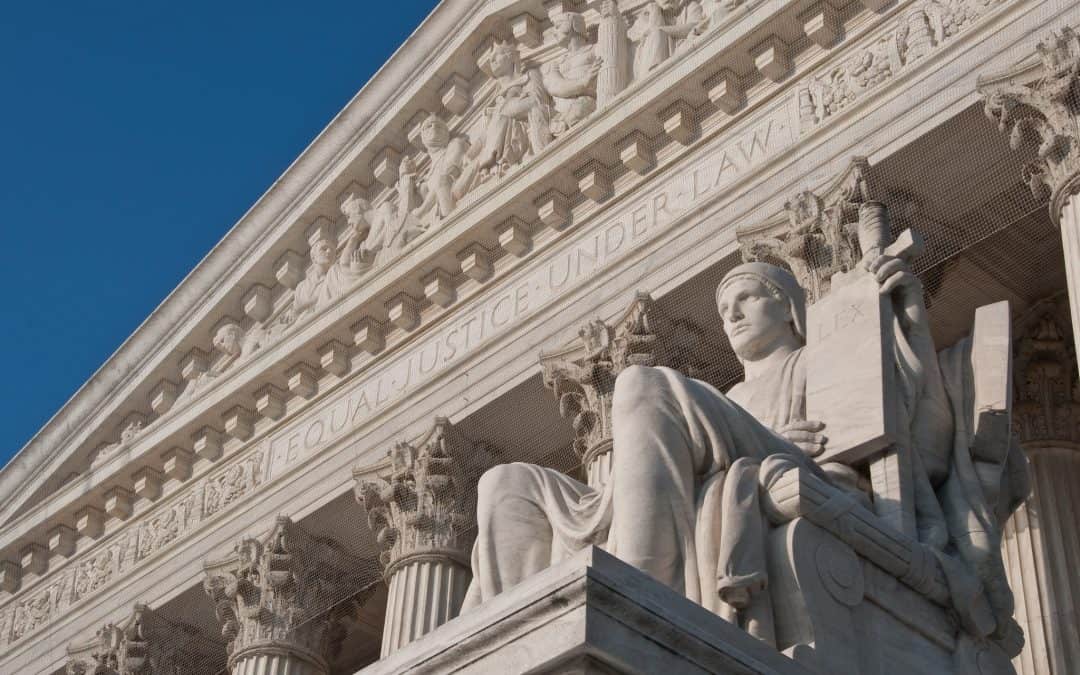
The Supreme Court’s DACA Decision: A commendable effort to embolden APA review or a hollow attempt to ease political tension?
Author: NCLA Legal Intern Andrew Klee Chief Justice John Roberts is praised by some—and criticized by others—for his efforts to maintain the institutional legitimacy of the Supreme Court by keeping an eye toward the broader political context in which cases are...
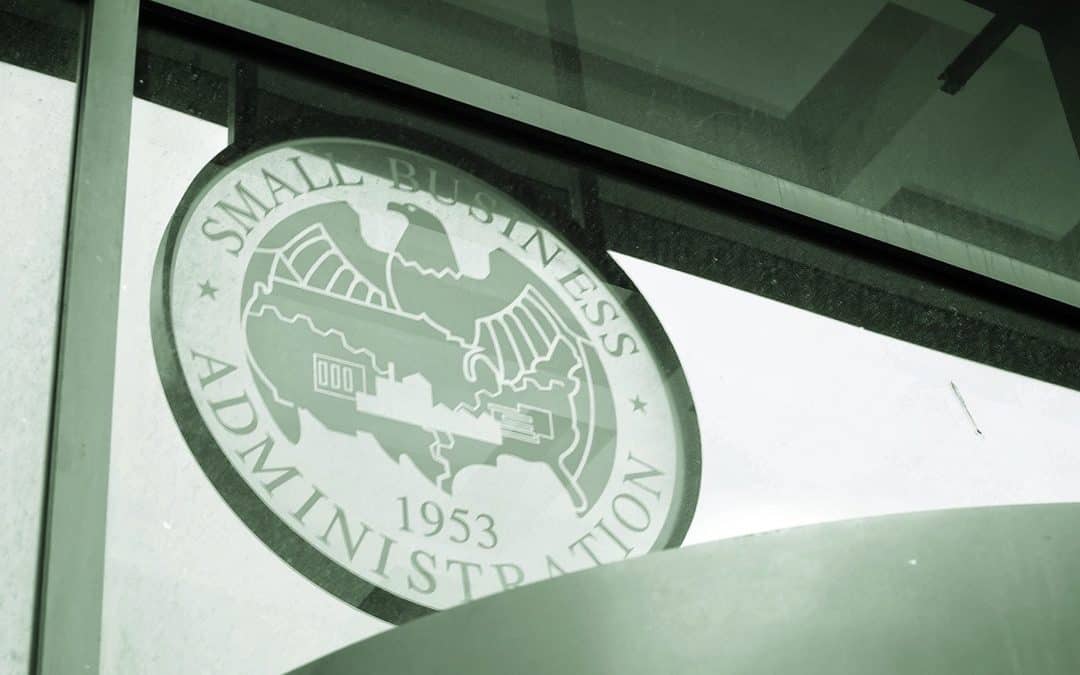
Deference in a Pandemic
As the nation’s struggle to contain COVID-19 continues into the latter half of 2020, Congress is considering a second major stimulus package to stem the flow of financial (and human) suffering across the sinking economy. The first stimulus package—the CARES Act—was...

Will the FTC Face a Reckoning in the Supreme Court?
On July 9, 2020, the Supreme Court granted certiorari in two closely watched FTC cases. The two cases FTC v. Credit Bureau Center, LLC, and AMG Capital Management, LLC, et al. v. FTC are poised to determine whether a power the FTC has developed through the slow...
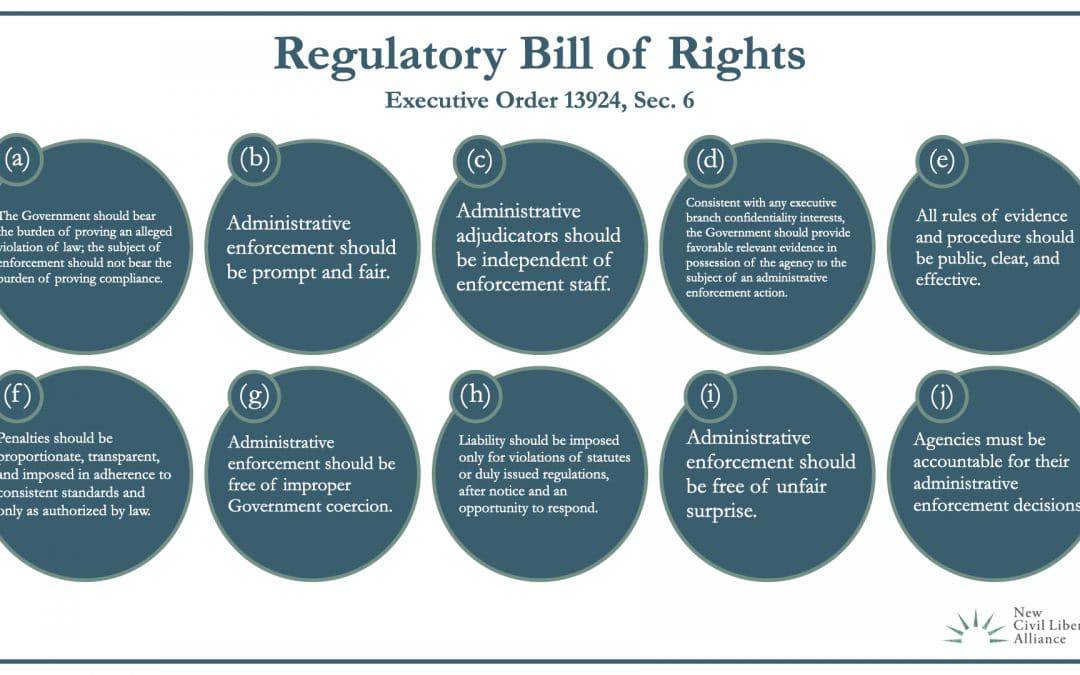
Trump’s “Regulatory Bill of Rights”: Where to Go Next
In a previous post, we discussed the new and welcome regulatory changes made by President Trump in Executive Order 13924 last month, a significant victory for civil liberties. But while excitement is warranted for these positive developments, many further reforms, such as objective and enforceable limits delivering upon the principles affirmed in the Order, will be needed to secure these principles in practice.
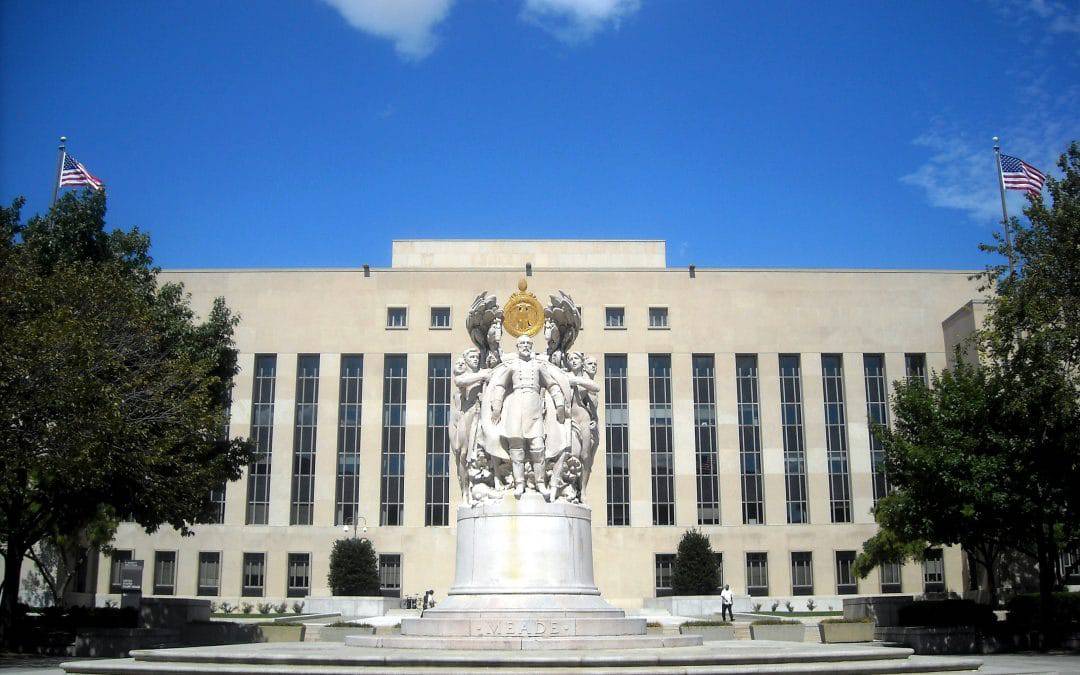
Skidmore on Skids
Indian River County, Florida v. Department of Transportation presents a dangerous case of the D.C. Circuit putting the skids under Skidmore deference. If allowed to stand, the D.C. Circuit’s decision would make Skidmore more deferential than Kisor and Chevron.
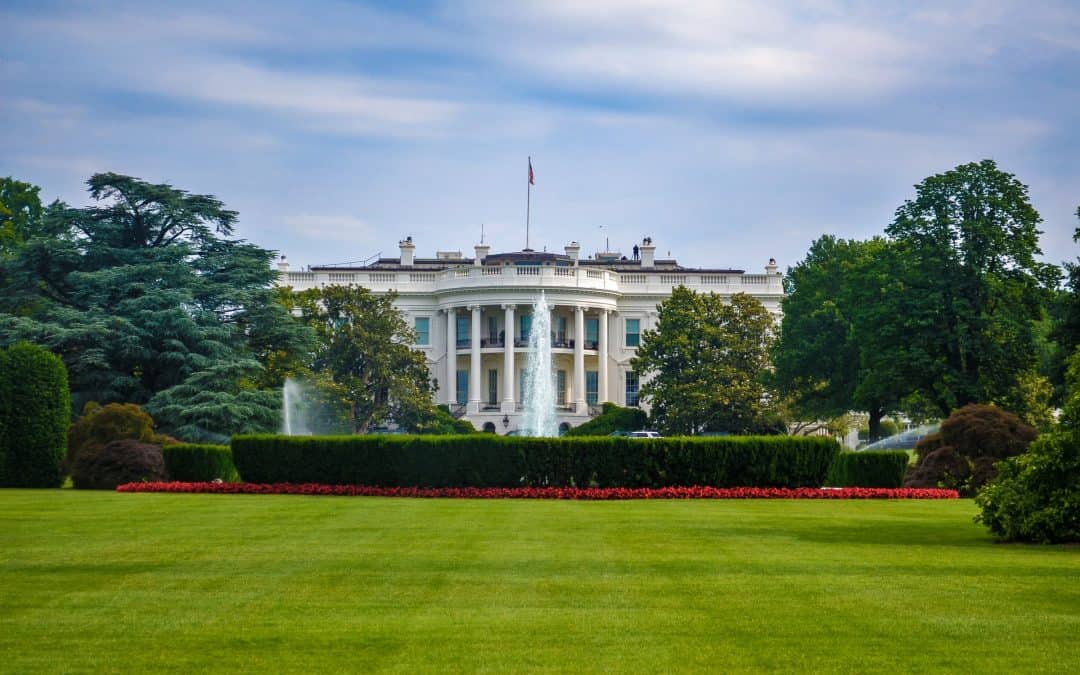
Trump’s “Regulatory Bill of Rights”: A Good Start
Executive Orders are one source of egregious expansions of administrative power, and NCLA litigators frequently challenge unconstitutional exercises of lawmaking by executive fiat. For example, see NCLA’s recent amicus brief challenging the authority of the Department of Labor to develop and use a non-statutory enforcement regime under the auspices of Executive Order 11246.

SCOTUS Rules to Reduce SEC’s Disgorgement Powers, But it Doesn’t Go Far Enough
While the Supreme Court's ruling to reduce the SEC's power to inflict so-called "disgorgement' penalties on its targets is welcome news, it is disappointing that it did not go further. In a narrow win for the Petitioners the Supreme Court held: The Court holds today...

Ray Lucia’s Mythic Lift
Ten years ago, Ray Lucia was a successful San Diego-based financial advisor who through in-person seminars, webinars, books, radio and TV appearances promoted an uncontroversial and academically recognized method of savings for retirement. His “buckets of money”...
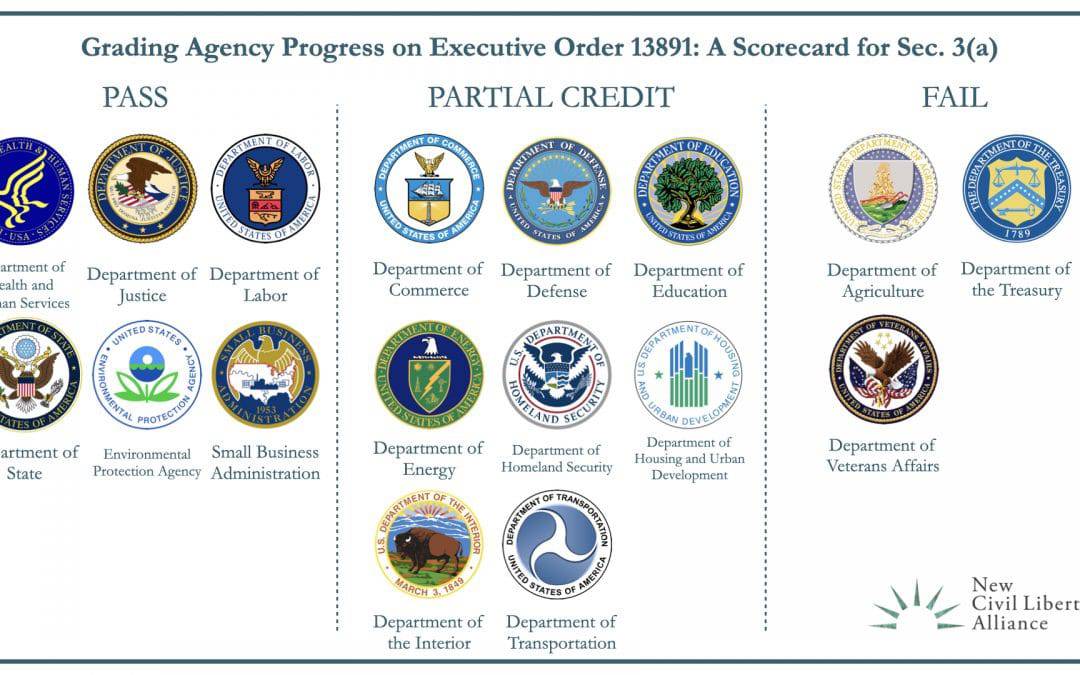
Grading Agency Progress on Executive Order 13891: A Scorecard for Section 3(a)
Last fall, President Trump issued two Executive Orders aimed at reining in unlawful administrative state action. Together, the orders represented a welcome change for regulated parties, who too often find themselves in regulatory agencies’ crosshairs with little...

The Constant Need to Check the Government
Most people have heard that “absolute power corrupts absolutely,” but we have to worry before corruption is absolute. Seemingly small, every-day abuses of power can have real effects on our lives and can slowly chip away at our resolve and our faith in...

We Must Invest in Infrastructure to Rebuild Our Communities, Our States, and Our Country
As we poke our heads above ground to survey the damage visited on our shores by the coronavirus, it is imperative that we move forward with an intelligent, focused, and effective plan of action for rebuilding the economies and promise of our communities, our...

Oh Wisconsin! It’s time for legislators to do their jobs
"When the tyrant first appears, he is a protector." Plato, The Republic On March 24, 2020, Wisconsin’s Interim Health Services Secretary Andrea Palm issued a stunningly broad order taking control of the lives and activities of every single individual and business in...

Daytona Beach Cops, You Need a Warrant to Use ‘Pandemic Drones’
Just because powerful surveillance technology exists doesn’t necessarily mean we should use it. This holds true even when faced with unprecedented challenges from a pandemic. Unfortunately, the Daytona Beach Florida Police Department didn’t get the memo....
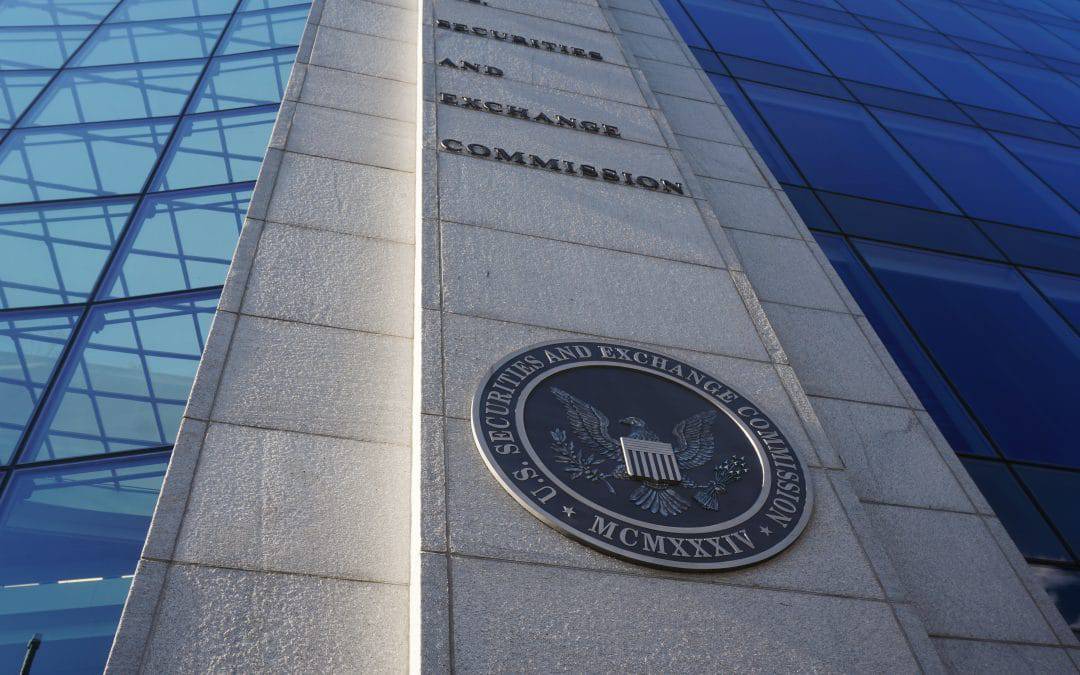
It’s Not Better to Beg: The SEC’s Unforgivable Use of Unlawful Guidance
In one context or another, we’ve all chuckled at the witticism: “It’s better to beg for forgiveness than to ask for permission.” And why not? It’s funny and ironic because it’s vaguely subversive and there’s a kernel of truth to it. But I’ve noticed there are two...

The New York Times is Wrong—We Don’t Need Another Agency to Fight Pandemics
It’s axiomatic that in time of crisis, government tends to grow. We applaud people who respond to a crisis by helping those affected and taking actions to prevent further harm. But for some, the inclination to “do something” in response to a crisis takes the shape of...
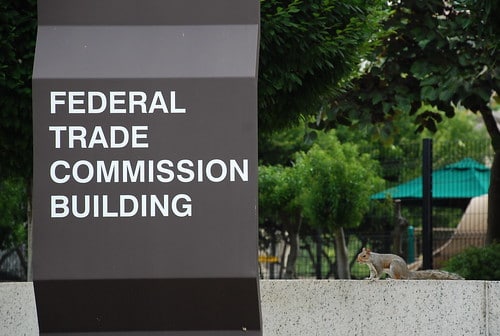
Disgorging an Unwarranted Seizure of Power in the Ninth Circuit
“L’audace, l’audace, toujours l’audace” was the famous watchword of Napoleon, later adopted by Patton, to describe their belief in attack over defense. The French phrase meaning “Audacity, Audacity always Audacity” is becoming the slogan of more than one firm...

Administrative Agency “Excursions” Are Not OK in Arizona
The Arizona Court of Appeals in late March decided an important case: Enterprise Life Insurance Company et al. v. ADOI. The decision helps Arizonans maintain control over their choice of health insurance. But the decision is also important because it marks a...

Living With New Realities During the COVID-19 Pandemic
The ongoing national emergency is still too new and too fluid for any of us to glean much beyond the obvious—wash your hands, stay inside, and practice kindness and grace toward others. But that has not stopped prognosticators from discussing what a...

COVID-19 Executive Orders: Read the Fine Print
Many of us have heard the adage that “hard cases make bad law,” but a more apt description might be “emergencies create worse law.” In an emergency, we often expect our government to do something to help us. Sometimes, though, that something is worse than the...
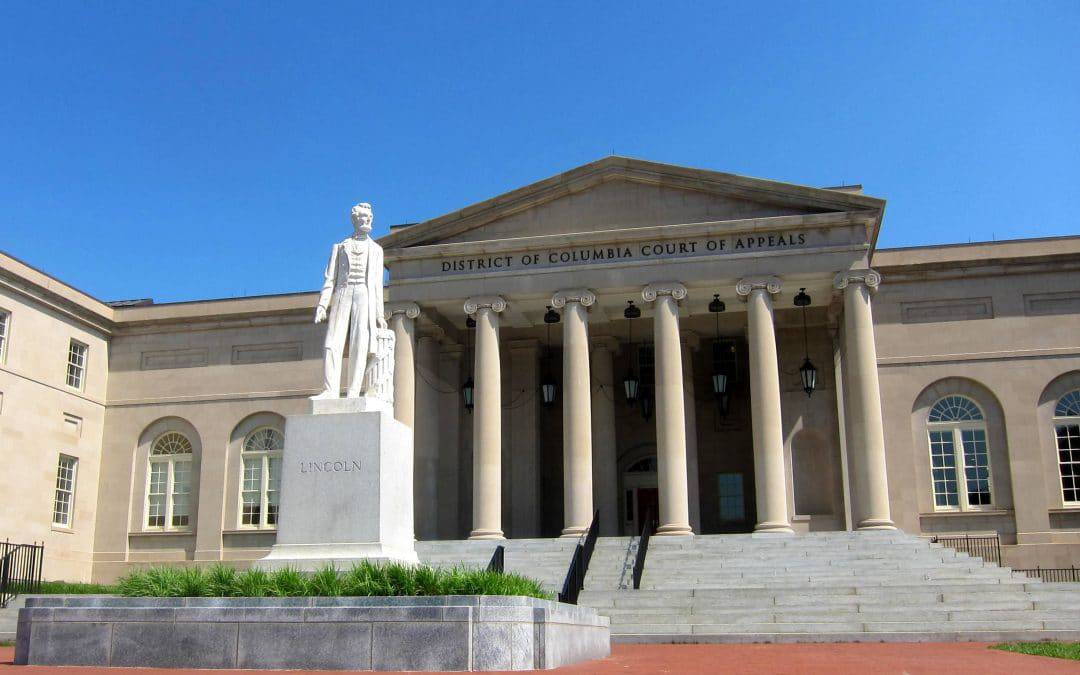
Two Years Removed from Lucia v. SEC, New & Old Challenges Face Litigants
A lot of pages and energy have been spent outlining the many problems with formal, doctrinal judicial abdication like that set out by the Supreme Court in Chevron v. Natural Resources Defense Council and Auer v. Robbins. But other, more subtle judicial...

Our Zombified Courts
The founders believed that trial by jury was among the most precious rights secured by our federal constitution. State constitutions similarly protect the right to be judged by a jury of one’s peers in some form in every state. New Civil Liberties Alliance,...
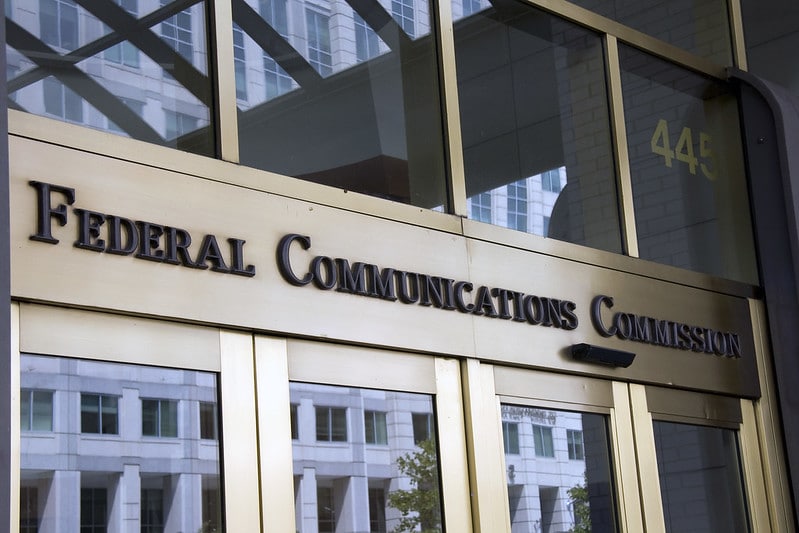
The Games Bureaucrats Play: FCC Streamlined Hearing Rule—Balderdash
The Federal Communications Commission is proposing a new regulation to “promote more efficient resolution of hearings.” The Procedural Streamlining of Administrative Hearings Rule, as the FCC calls it, claims that none of its hearings require oral testimony....
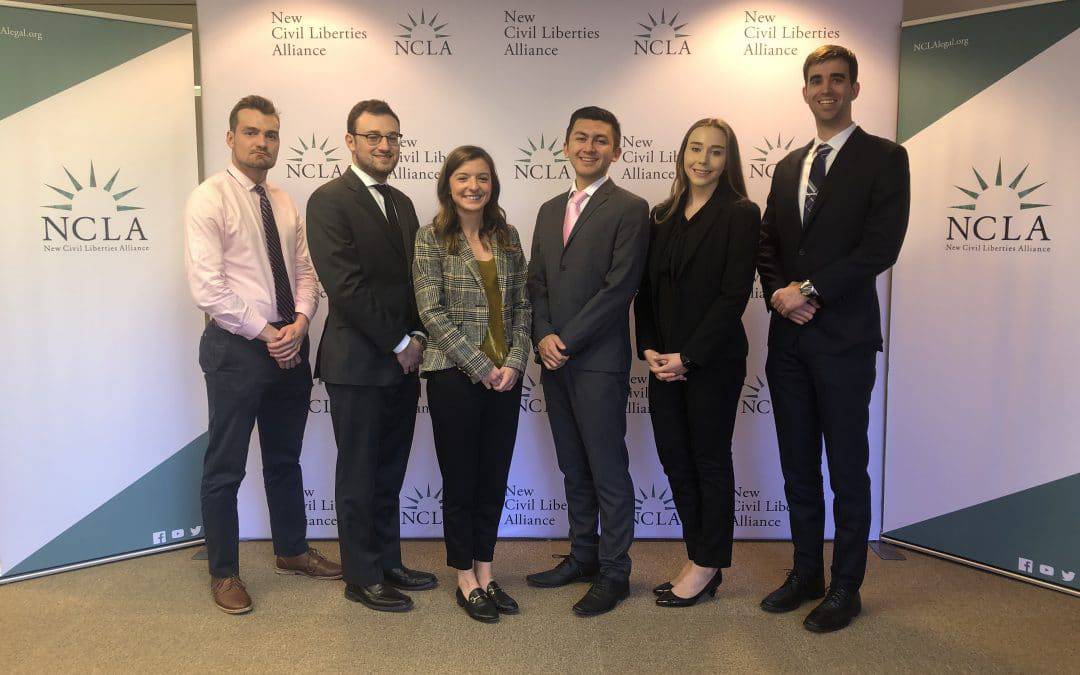
Why You Should Clerk for NCLA
NCLA is fighting on the front lines of cutting-edge administrative law litigation--and you have an opportunity to be a part of that fight! NCLA is the nation’s only public interest law firm dedicated solely to litigating administrative law issues and restoring...

Can an Agency Rewrite the Law to Ban an Entire Industry Overnight? Maybe in New York
One of the most pernicious tools used by the administrative state is the court-created doctrine of agency “deference.” Roughly, this doctrine says that administrative agencies are entitled to interpret ambiguous laws any way they want, and courts are required...
